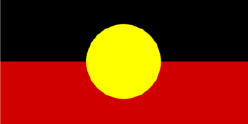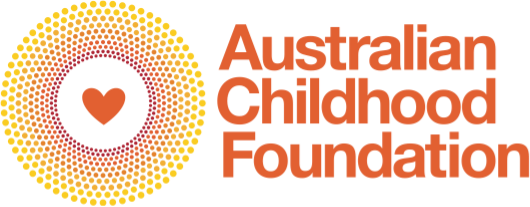Active Research
From bystanders to allies: a structural feminist perspective for supporting child victims and adult survivors of child rape and torture.
- Prevention of child sexual abuse
- Identification of child sexual abuse
- Needs of victims and survivors
- Response to child sexual abuse
Research Topic areas
- Community awareness
- Drivers of child sexual abuse
- Education
- Intersection with other violence/victimisation
Project Duration
Start: August 2019
End: December 2024
Geographical Scope
Nation-wide
Populations
Victims and survivors
Adults (26-65 years)
Gender
All genders
Project Lead
Ms Emma Rees, Queensland University of Technology
Project lead email: ejrees14@gmail.com
Project Team
Dr Joanne Clarke, Queensland University of Technology
Professor Christine Morley, Queensland University of Technology
Background
This qualitative feminist inquiry centres the experiences of fourteen adult survivors (n=14), to investigate the processes and implications for child victims and adult survivors being denied help from others, including loved ones and trained professionals. The inquiry found that men are still overwhelmingly the perpetrators of child sexual abuse, but both men and women can be accomplices as bystanders who encourage perpetrators, as observers of their actions, or through denial and/or minimisation of sexual abuse and signs and symptoms of harm. The influence of the perpetrator strategy to Deny Attack Reverse Victim and Offender roles (DARVO) (Freyd, 1997) was evident in the responses of bystanders.
Freyd, J. (1997). II. Violations of power, adaptive blindness and betrayal trauma theory. Feminism & Psychology, 7 (1), 22-32. doi:https://doi.org/10.1177/0959353597071004
Freyd, J. (1997). II. Violations of power, adaptive blindness and betrayal trauma theory. Feminism & Psychology, 7 (1), 22-32. doi:https://doi.org/10.1177/0959353597071004
Aims
This research seeks to understand why people are bystanders and not allies to sexually abused children.
Methods
Semi-structured interviews are an effective method to elicit knowledge from individuals with lived experience of child sexual abuse. A line-by-line transcription process will be used as part of the analysis process, and transcripts will be coded and analysed using thematic analysis to find repeated patterns of meaning within the data.
Significance and Dissemination
This inquiry demonstrates that perpetrators rape and torture children because they want to, they can and they mostly get away with it. A network of emotionally attuned allies in homes, communities and institutions is necessary to protect children from perpetrators and reduce their opportunities to harm children. This study recommends inviting adult survivors, bystanders, professionals, and community leaders into a community action project to raise bystander consciousness and to create a community of allies.
Further Details
Share project
Australian Human Research Ethics Committee:
Queensland University of Technology Human Ethics Research Committee
Queensland University of Technology Human Ethics Research Committee
Related posts: Prevention of child sexual abuse
Prevention of child sexual abuse
Accessibility of child sexual abuse prevention in Australia
Susan Rayment-McHugh
Sexual Violence Research & Prevention Unit, University of the Sunshine Coast
Sexual Violence Research & Prevention Unit, University of the Sunshine Coast
Nadine McKillop
Sexual Violence Research & Prevention Unit, University of the Sunshine Coast
Sexual Violence Research & Prevention Unit, University of the Sunshine Coast
Understanding child sexual abuse
Preventing child sexual abuse by understanding perpetrators’ motivations
Kelly Richards
Queensland University of Technology, School of Justice
Queensland University of Technology, School of Justice






